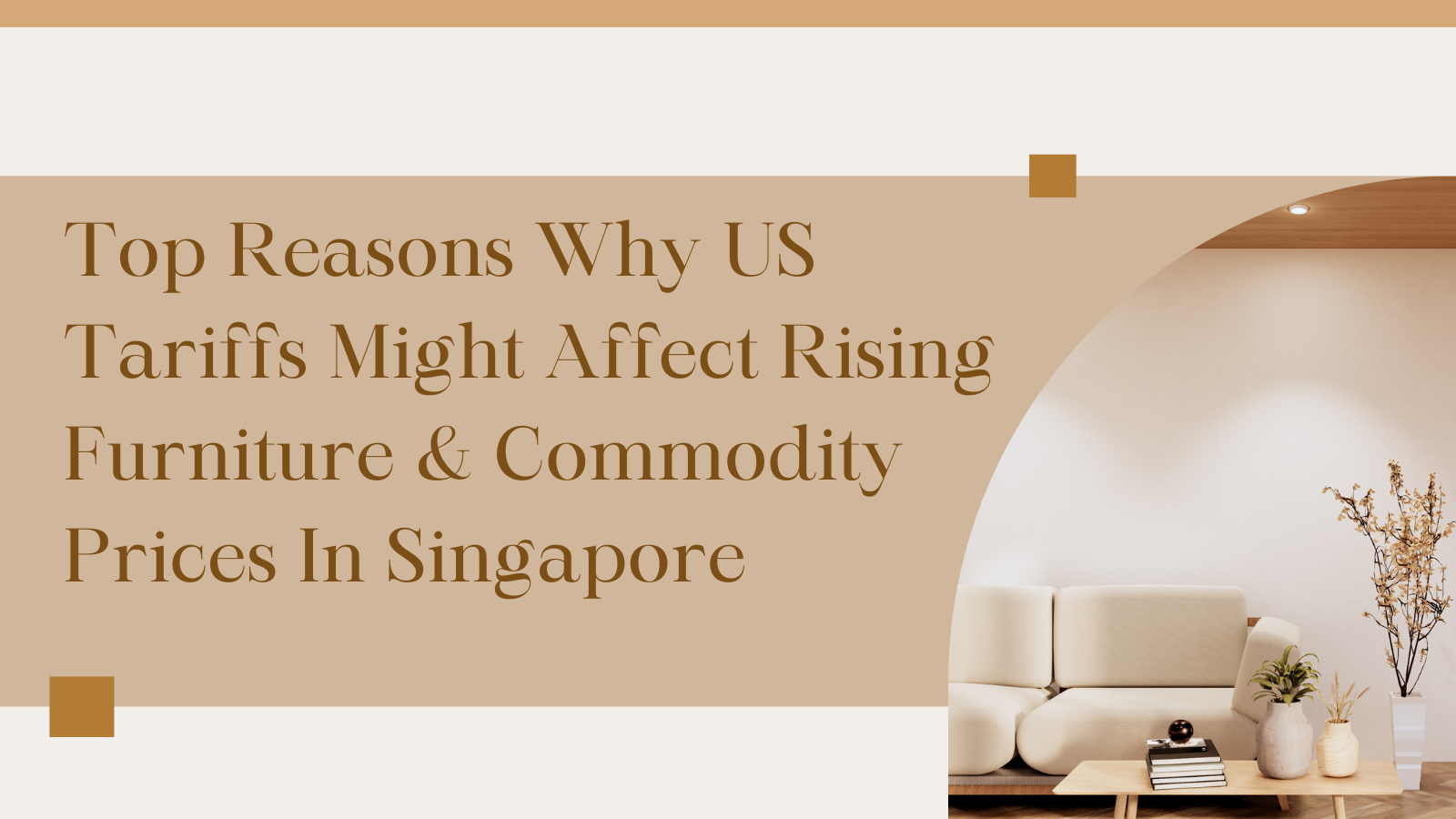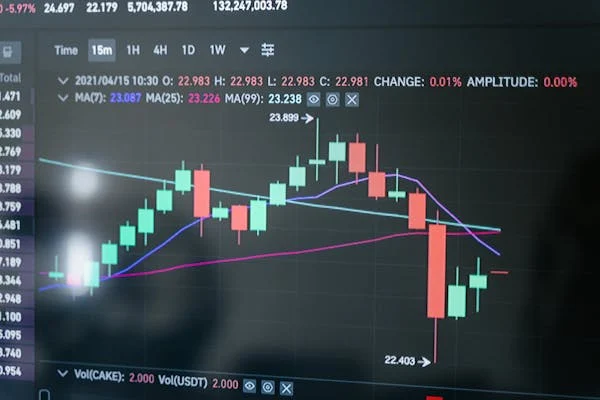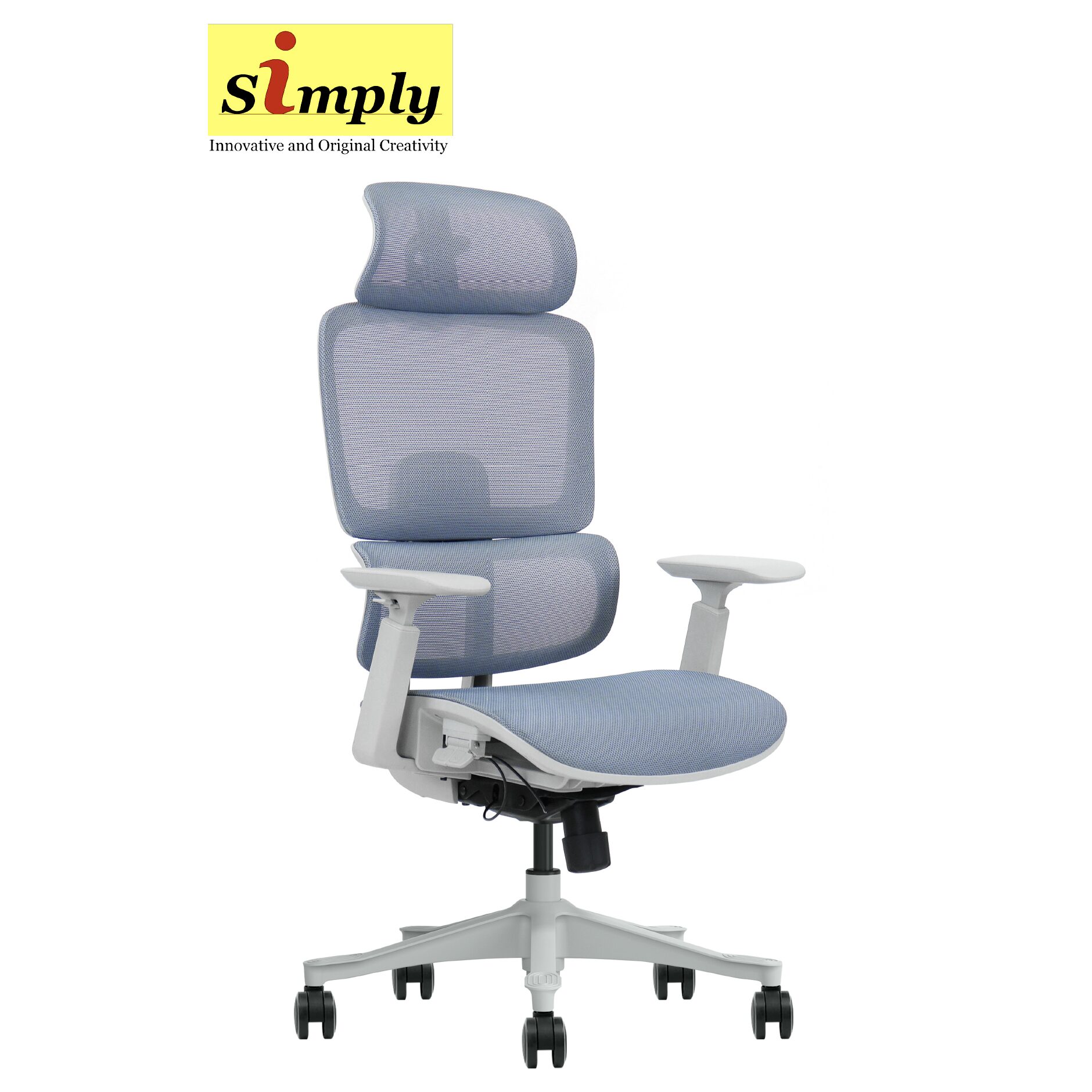- Login
- Sign Up


The sudden announcement of tariffs on imports from China, Canada, and Mexico by US President Donald Trump sent shockwaves through the global economy, and Singapore was no exception.
Recently, the Singapore dollar and stock market reacted swiftly, with the currency falling 0.5% to 1.3654 against the US dollar and the Straits Times Index dropping 0.76% to close at 3,826.47 points.

Source: Pexels
As a small and open economy, Singapore is highly dependent on external demand, with more than half of its growth driven by international trade.
Any negative impact on global growth sentiment and activity will inevitably affect Singapore’s growth. According to Edward Lee, chief economist and head of foreign exchange for ASEAN and South Asia at Standard Chartered Bank, the tariffs will have an indirect impact on the Republic.
“Singapore is a small and very open economy where more than half of our growth is driven by external demand. Any hit to global growth will affect Singapore’s growth,” he said.
In the wake of the tariff announcement, markets worldwide were sent into a tailspin, with stocks, bonds, and industrial commodities such as iron ore and copper experiencing a global sell-off.
The US dollar, however, appreciated against most currencies, driven by bets that the tariffs would fuel inflation and keep interest rates elevated. Mansoor Mohi-uddin, chief economist at Bank of Singapore, noted that the surprise move would likely hit investor confidence.
The ripple effects of the tariffs are far-reaching, with the EU, Japan, and other trade partners also at risk of being targeted by the US. China, Mexico, and Canada have already announced retaliatory measures, sparking concerns of a wider trade war.
Tariffs on Canadian and Mexican exports to the US, as well as the additional 10% tariffs on Chinese goods, take effect on February 4, pending any last-minute compromises.
Since the US is Singapore’s second-biggest trading partner, any economic downturn in the US would have significant repercussions on the Republic.
Source: Pexels
One of the most immediate consequences of the tariffs is the potential increase in the prices of furniture and commodities.
With the US imposing a 25% tariff on all Canadian and Mexican exports, the cost of goods such as furniture, vehicles, and agricultural products is likely to rise. This could have a significant impact on Singaporean consumers, who are already facing rising costs of living.
According to the study, consumers would spend $8.5 billion to $13.1 billion more for furniture and $6.4 billion to $10.9 billion more for household appliances. This means that a $2,000 mattress and box spring set, for example, would cost $2,128 to $2,190.
For furniture importers, the added costs from the policies would likely be passed on to consumers.
Executives from brands like Martin Furniture and A-America expect the tariffs to be “disruptive” and are currently making contingency plans. Flexsteel, which imports mainly from Vietnam and Mexico, anticipates the tariffs to be “disruptive” and is currently making contingency plans.
In the short term, the Singapore government has taken steps to buffer the economy against any trade war-related growth shocks.
The central bank has eased its monetary policy, and the government has lowered its 2025 growth outlook to 1% to 3%, down from 4% in 2024.
The tariff announcement also had a profound impact on the cryptocurrency market, with Bitcoin and Ether experiencing significant declines. A sudden drop in value was attributed to the increased uncertainty and volatility in global markets.
Despite the short-term uncertainty, experts remain hopeful that China will implement supportive measures to mitigate the negative effects of the US tariffs.
As the situation continues to unfold, Singapore’s economy remains vulnerable to the whims of global trade policy.
While the government has taken steps to prepare for the worst, the long-term impact of the tariffs remains to be seen.
One thing is certain, however: Singapore must continue to diversify its trade relationships and develop strategies to mitigate the risks associated with global trade uncertainty.
Source: Pexels
In the face of rising uncertainty, it is essential for Singaporean businesses and investors to stay informed and adapt to the changing landscape.
This includes diversifying trade relationships, exploring new markets, and developing strategies to mitigate the risks associated with global trade uncertainty.
Beyond the economic numbers and trade statistics, the impact of trade wars is deeply human. From farmers in Mexico to factory workers in China, the effects of tariffs and retaliatory measures are felt across the globe.
As the world navigates this uncertain landscape, it is essential to remember the human cost of trade wars.
The tariffs imposed by the US on imports from China, Canada, and Mexico have sent shockwaves through the global economy, and Singapore is no exception. As the situation continues to unfold, one thing is certain: the road ahead will be marked by uncertainty.
Ultimately, it is up to Singapore’s businesses, investors, and policymakers to navigate the complex landscape of global trade.
Related To Furniture:
How US Tariffs Could Affect Furniture & Commodity Prices In 2025
7 Best IKEA Furniture In 2025: A Comprehensive Guide To Make Your Next Trip Worthwhile




Copyright © 2018 Simply Office Furniture (Singapore). All Rights Reserved

Transform Your Workspace with Our Premium Office Furniture – Where Comfort Meets Productivity.

Simply Office Furniture
Store Manager
Simply Office Furniture
Hey, how can I help you today?